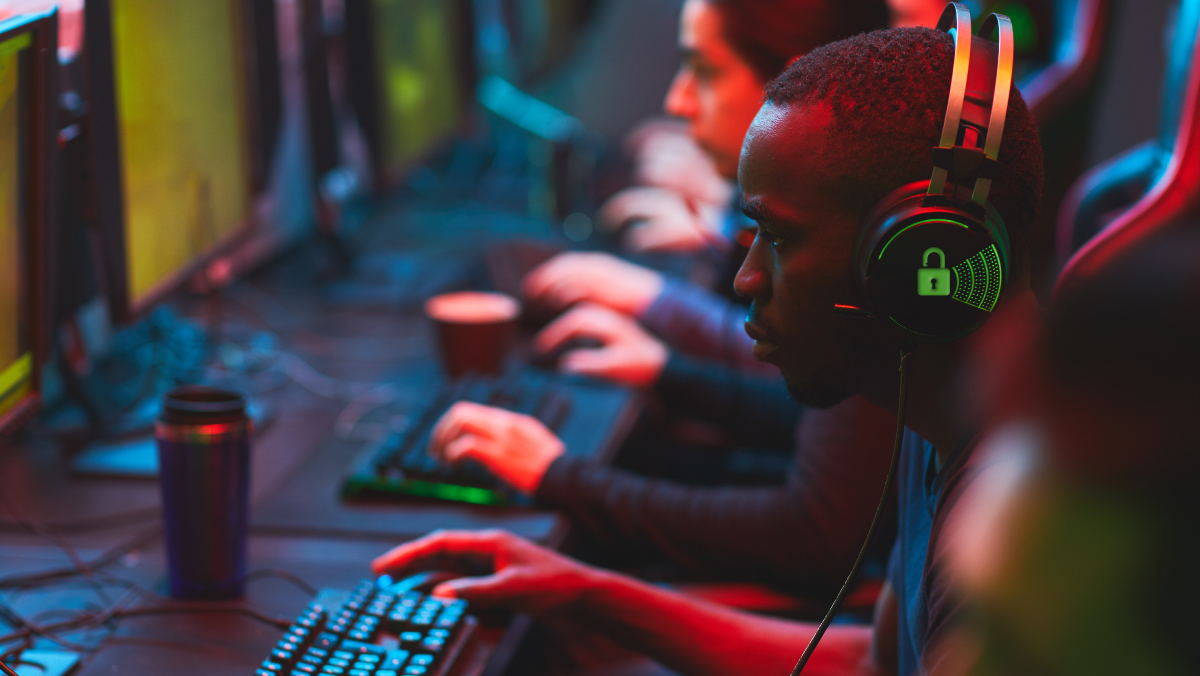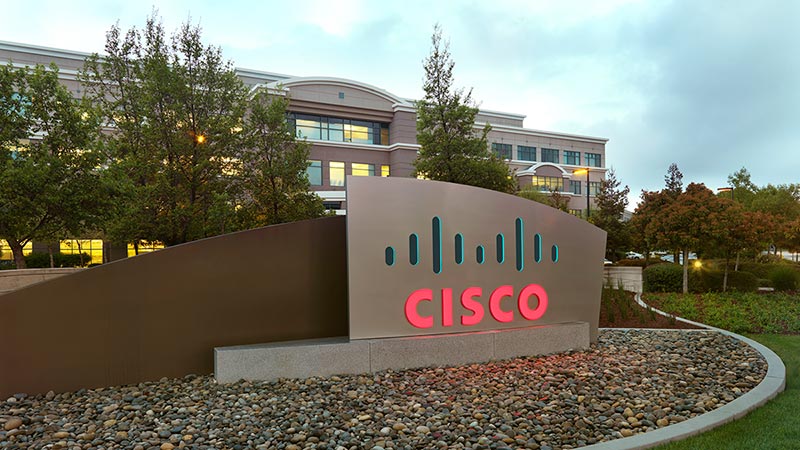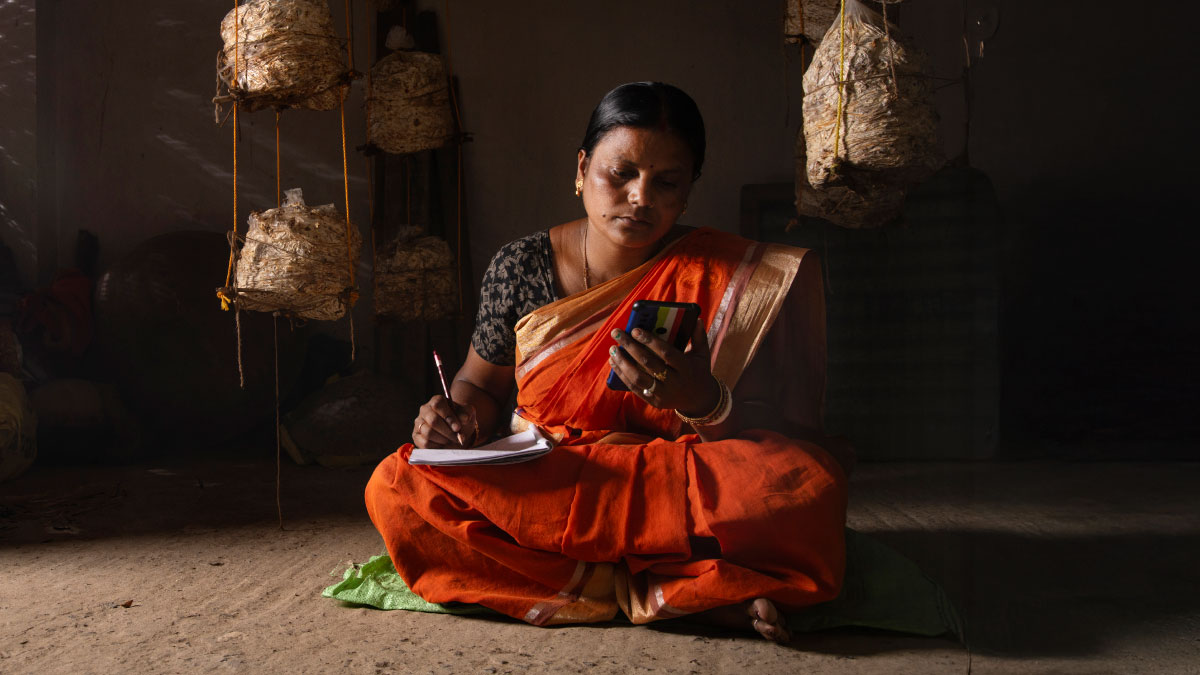Technology promises to unleash astonishing new experiences in coming years, along with solutions to some of our most pressing global challenges.
But all that depends on security. And security depends on talent.
Today, there are nearly 3 million unfilled cybersecurity jobs in the world — at a time when cybercriminals are becoming ever more persistent and sophisticated. So, getting the next generation excited about the creative, challenging, and fascinating world of cyber-defense is critical.
One way to accomplish that is through fun and games.
Italy’s CyberChallenge.IT is showing just how to do it, by combining deep, multidisciplinary education with high-stakes gamification. This year’s edition, sponsored in part by Cisco, is attracting no less than 5,000 students for a national competition to be held in January, while inspiring them to learn, compete, and consider future careers in cybersecurity.
“The competition is a really good way to get young people involved,” said Mario Polino, an assistant professor of cybersecurity at Politecnico di Milano who coaches his university’s team as well as Italy’s national team, which competed in the European challenge in Vienna in September. “The gaming part drives you to do better and to learn what is behind cybersecurity. Even if it’s a game, you learn a lot about computer science in general, but very specifically on computer security.”
CyberChallenge.IT creates a staged environment in which players probe for vulnerabilities in a network or program. The national competition is preceded by three months of education and preparation, including Cisco Networking Academy classes.
Marco Meinardi, a student at Politecnico di Milano and a member of Polino's team, spoke of the adrenalin rush from past competitions.
“We have to find something that the programmer hasn’t thought of, that can be exploited to break the program,” he recounted. “I’m so focused during the competition that that there is not much space for emotions. But after you solve a challenge, you take a big breath of fresh air. There is a lot of adrenaline, so it’s really exciting. It’s just amazing to play.”
A crisis in cyberskills
Dr. Guy Diedrich is Cisco’s SVP and global innovation officer. And he also leads Cisco’s Country digital Acceleration (CDA) program, which promotes digital transformation around the world, and the Cisco Networking Academy, the largest cyberskills training organization of its kind with programs in 140 countries. He cited the importance of developing security skills for the future.
“Security is so fundamental to our mission of spreading growth, spreading opportunity, and closing the digital divide,” he said. “You can’t do these things without security.”
Security will be especially critical in the next few years, Diedrich added, as up to 500 billion new things are connected — all of which will need to be secured — and the global economy faces even greater upheavals.
“According to the World Economic Forum, we’re going to have 85 million people displaced by digitization over the next two-to-three years,” Diedrich explained. “But at the same time, digitization is going to create 97 million new jobs. Security will be a big part of that. So, by upskilling, you are setting people up for a prosperous future. Because security is only going to be expanding.”
Meinardi is one young person who’s now inspired to consider a career in security.
“I don’t think I would have been engaged in cybersecurity without the competition,” he said. “But gaming is for sure the best way to learn because you are motivated, you want to be the first.”
“There’s a really strong chance,” he continued, “that in 10 years I will be doing cybersecurity.”
That’s from a student who, like many of his friends, had not considered a career in cybersecurity previously. But it’s the kind of shift in perception that Fabio Florio, business development manager and country digitization acceleration lead for Cisco Italy, considers a key mission.
“Cybersecurity has always been seen as a very specialized topic,” he said, “not attractive sometimes for young people or for women. So, it’s a challenge for us to show a different view of cybersecurity. Because when they work on it, they realize that attack defense is something that helps you develop your creativity and your skill.”
Before the adrenalin rush of game day, months of training
Polino, who teaches security-related topics like exploitation and offensive techniques at Politecnico di Milano, has been competing in “capture the flag” security challenges since 2009, so was a natural choice to lead his university’s — and his nation’s — team.
“Our approach,” he explained, “is to train the people for three months, so that we build their knowledge in time and, and build an incredibly great team.”
Finalists all meet in a large hall on the day of the competition, where they contend with complex problems that can involve breaking through encrypted systems or highly secure web applications.
“The people who play in this type of competition build a lot of competence very fast,” Polino said, “and a lot of knowledge that can be very useful for any security role in the future.”
And he’s grateful to companies like Cisco for backing the Challenge.
“By supporting this type of activity,” he concluded, “we can increase the amount of smart, capable people that get into security. This will be very helpful in the future, because we are really going to need them.”
This page contains more information on cybersecurity awareness month.
###
Related content:




